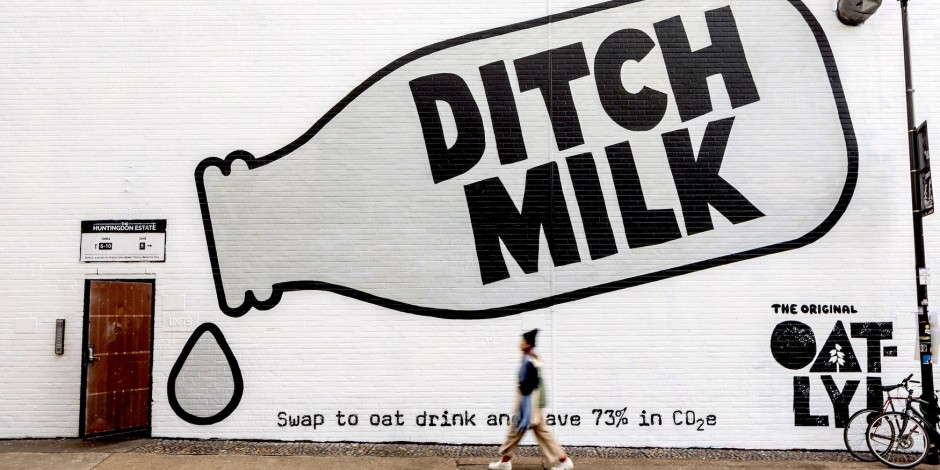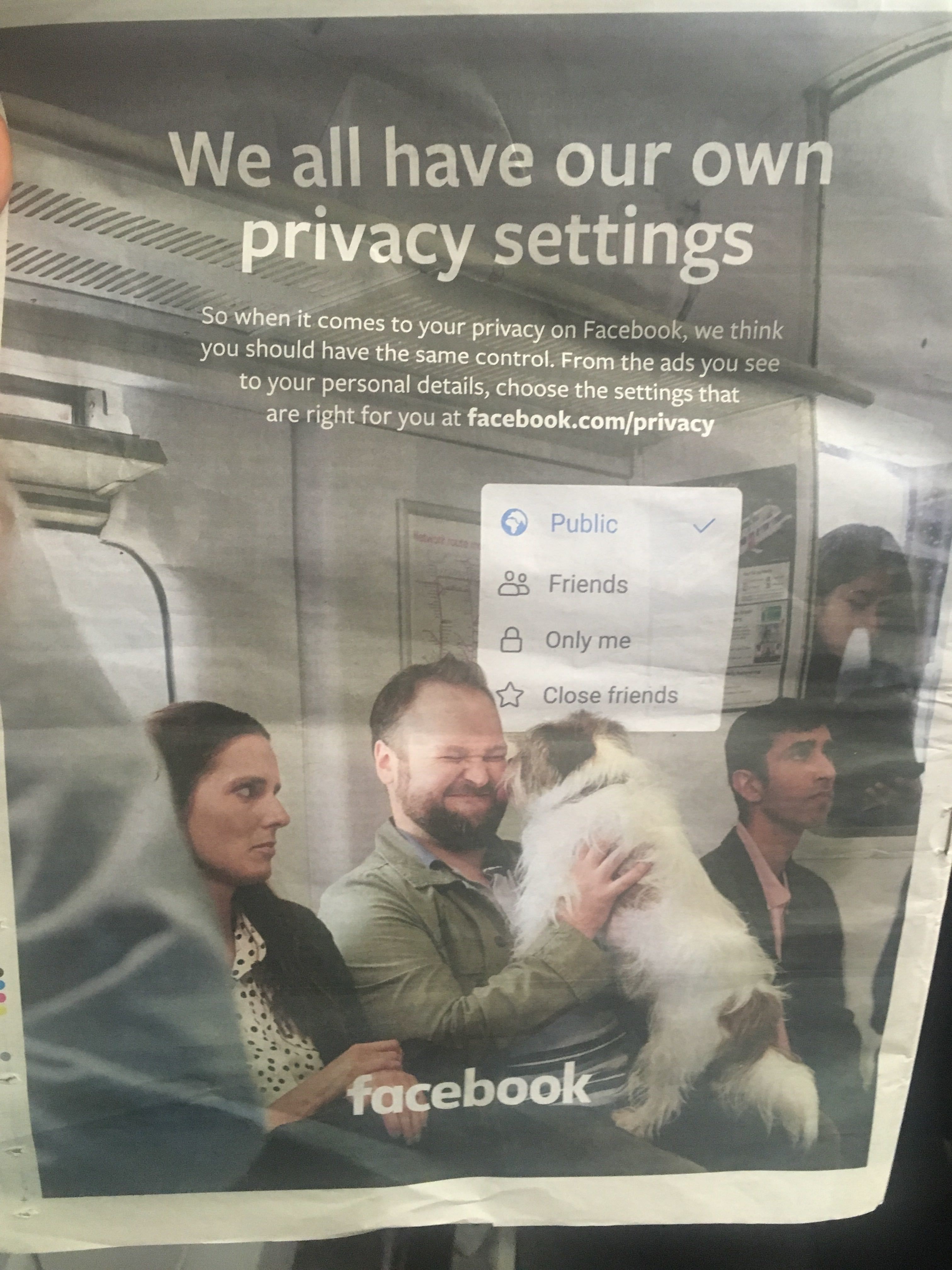25% of Britons now consume plant-based milk as demand for cow’s milk continues to fall.
Why?
It’s not like alternative milk is cheaper or more readily available — in fact it’s the exact opposite of these.
Yes it tastes quite good, but the main reason for its increasing popularity is driven by concerns around health, ethics and the environment.
People are starting to care more about these issues and by ordering an oat milk flat white, that person is saying to the world “I care about the environment”. That’s an incredibly powerful message that makes the taste, the price and the convenience become almost insignificant.
Even Oatly’s adverts don’t talk about how good their oat milk tastes; they talk about how much carbon dioxide you will be saving if you switch to oat milk.
 Oatly was founded in 1985 but in recent years, due to increasing popularity, has had to ramp up production by 1,250%.
Oatly was founded in 1985 but in recent years, due to increasing popularity, has had to ramp up production by 1,250%.
Ten years ago, you wouldn’t have found a café in London that offers oat milk. Now everywhere does. It’s expected.
Is the same thing happening in data privacy?
It’s been around for over half century but it’s only in the last couple of years it’s been on the front page of the newspapers.
Companies are starting to brag about their privacy features — even Facebook!

A light has been shone on technology’s repercussions on our privacy. It started with Cambridge Analytica but now we’re seeing more unfairness exposed every single today.
A massive shift is occurring. As people become more aware of privacy issues, they will search for alternatives. They will expect change. And for privacy that means organisations need to change the way they do things otherwise they’ll have no customers in five years.
We’re moving into a world where organisations are in big trouble if they’re not taking the privacy of their customers seriously. Just like cafés that don’t offer oat milk.
Is “We respect your data” becoming the most powerful promise for tech companies today? If so, how are companies going to get there?
